Engineering resilience offers summer alternatives for students
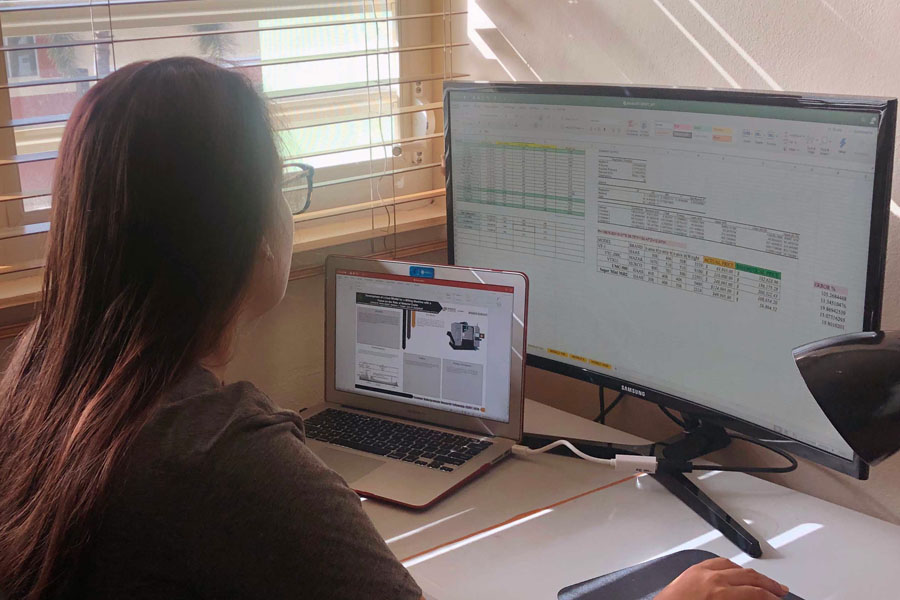
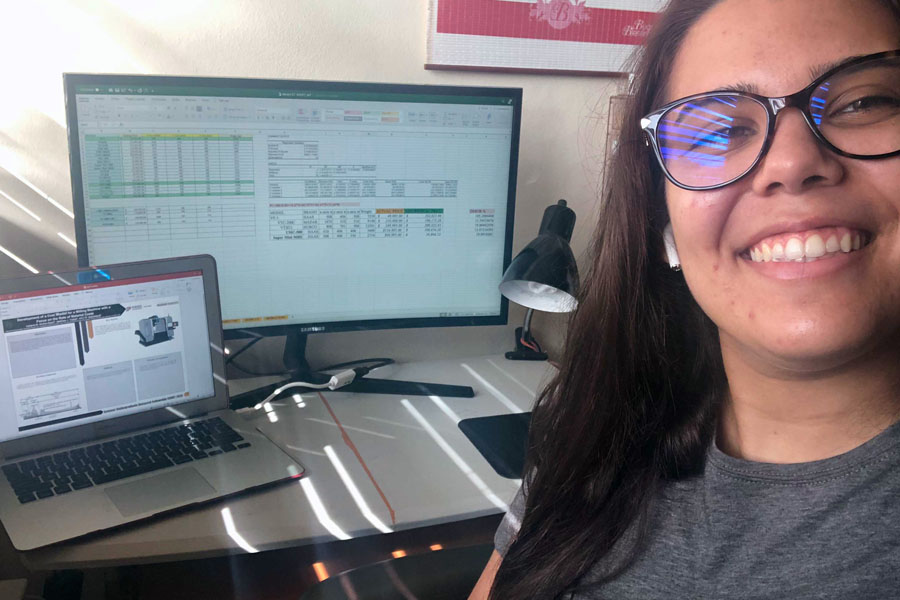
When the pandemic accelerated in the Spring of 2020, many regularly-scheduled engineering summer classes, internships, co-ops, study abroad programs, and other summer experiences were cancelled. But the faculty and staff in various College of Engineering schools rallied from March to May and created several “alternative summer experiences” to help their students continue their education.
“I am so thankful to have been offered this opportunity to learn - this program is a great alternative to an internship!” said a mechanical engineering student. “Seeing ME respond so quickly to this area of need gives me one more reason to love Purdue!”
Some of the alternative opportunities included:
The Office of Graduate Education partnered with the Summer Undergraduate Research Fellowship (SURF) program to implement a Pathways Scholars cohort, where outstanding underrepresented (minority) students did Purdue summer research remotely. “Students gain individualized attention to meet their summer career and graduate school goals,” said Dr. Jacqueline McDermott, the College’s assistant director of graduate recruitment and retention.
Adriana Muñoz Soto is a fourth-year mechanical engineering undergraduate student at the University of Puerto Rico, Mayagüez. “I am working alongside graduate student Matthew Triebe and Dr. John Sutherland in a machine tool cost model for milling machines in order to understand key factors that directly impact the price of said tools in order to reduce operational costs and carbon footprint emissions by reducing light weighting,” she said.
“I wanted to gain more research experience and widen not only my professional but also my intellectual knowledge, learning from professionals of different backgrounds and meeting new students from all across the country,” Muñoz Soto added.
“I wanted to do the pathways program because I believed it would provide me with tools and preparation needed to apply for graduate schools and fellowships,” said Makayla Roma, a rising senior at the University of Buffalo. “My research this summer is looking at the impact of home and community-based services state waiver policies on patient outcomes.”
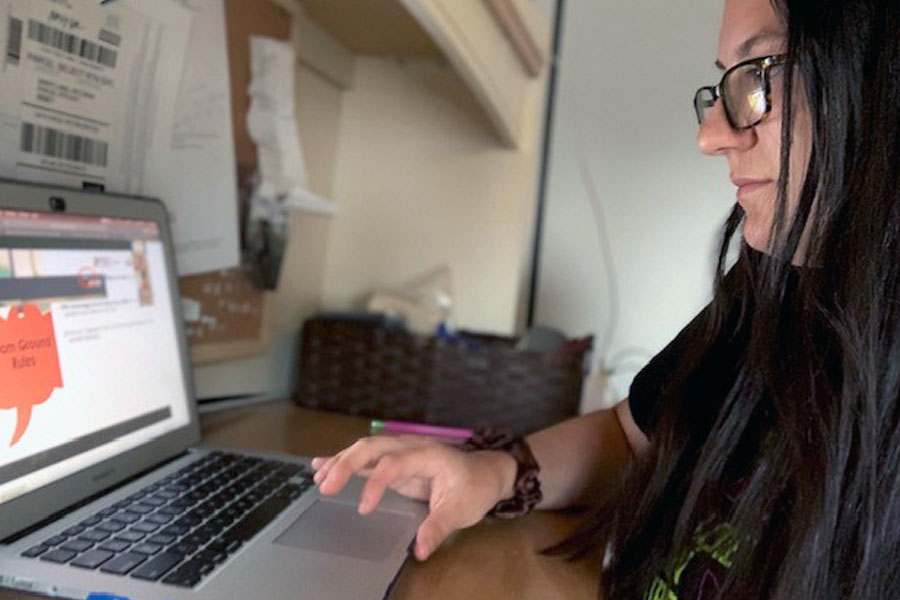
The Lyles School of Civil Engineering (CE) developed and offered a Maymester course on building water system science and engineering issues related to COVID-19. Dr. Andrew Whelton, professor of civil engineering and an internationally-recognized expert on building water safety, worked with postdoctoral researcher and incoming civil engineering faculty member Caitlin Proctor on these opportunities. “We offered this building water system science and engineering course to give students the opportunity to make progress towards their degree AND learn about a real-world pressing issue that’s affecting the nation – but also the world,” said Whelton.
“We realized many students were losing internships, and decided to rapidly develop a Maymester course that addresses ongoing research related to the COVID pandemic,” added Proctor. “The course covers building water systems and water safety. We wanted to do our part to let students keep progressing toward degrees.”
Amy Santos decided to take their course (CE 497) because it gave her the opportunity to learn about building water safety and plumbing engineering. “Because my internship plans fell through due to the pandemic, I wanted to supplement my education with additional classes and projects over the summer,” she explained. “I really enjoyed the fact that the class was project-based and related to the potential impacts of COVID-19 on building water safety.”
The School of Mechanical Engineering (ME) had 169 students in 38 10-week projects running from June 1-August 7 and led by ME faculty and staff. The program concluded with a virtual poster show and peer evaluations. “We are excited to provide meaningful experiential learning opportunities to our students during these challenging times when so many internships and co-ops were lost to COVID19,” said an ME staff member.
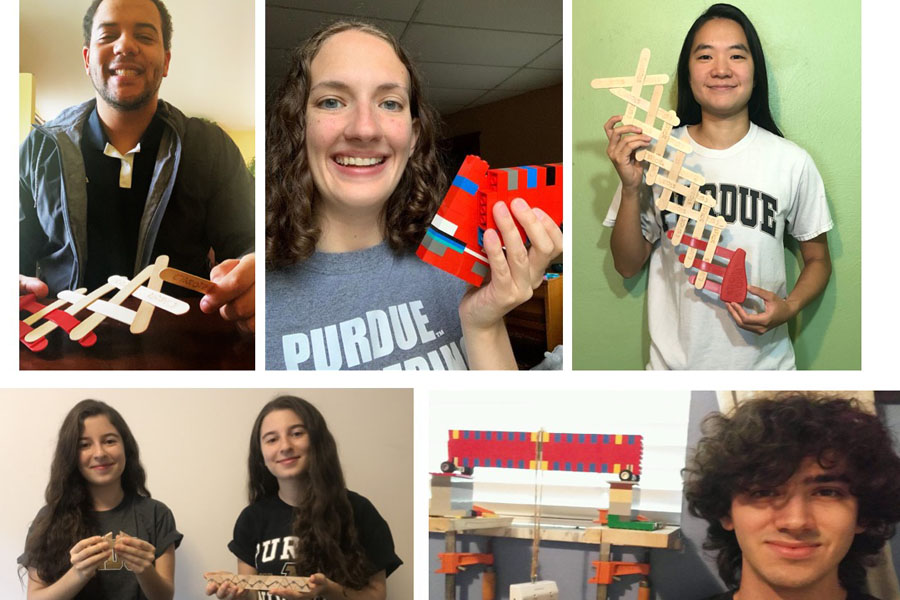
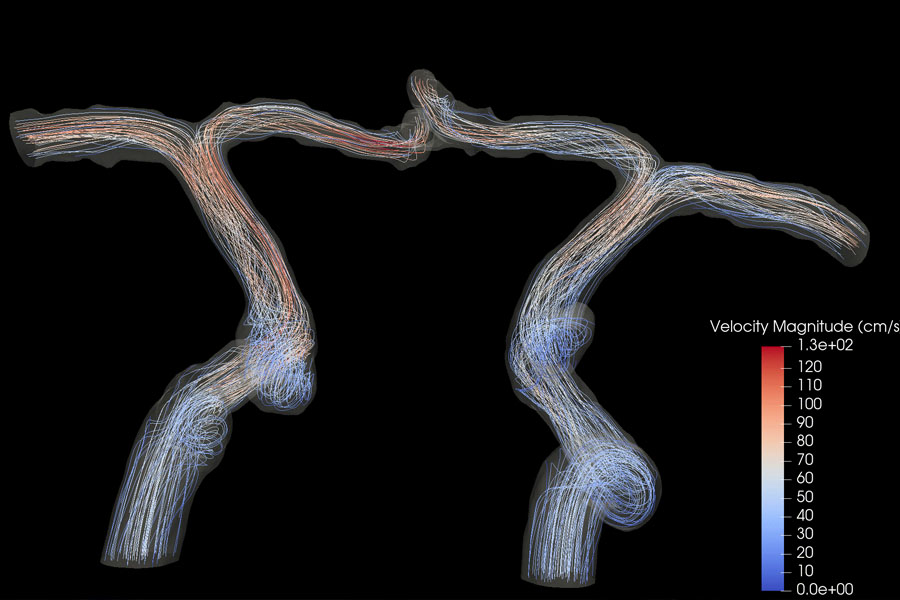
This video shows some of the other mechanical engineering projects:
The School of Industrial Engineering (IE) held remote “Town Halls” at the end of April for undergraduate and graduate students to discuss ideas. “We compiled a list of opportunities IE students could participate in during the summer to increase their skills,” said Elizabeth Allum, senior academic advisor for IE. “We developed the 2020 IE Summer Projects program. This program consists of teams of one to three undergraduate and master’s students working on projects, sponsored by either faculty or industry.”
IE’s 8-10-week projects were completely remote, and a unique part of its plans was that several of the projects are being done in conjunction with IE industry partners.
The Division of Construction Engineering & Management (CEM) worked with students during the months of March-May to reassign students who had their internship rescinded or could not participate due to the pandemic. “We were able to reassign/match a few with our partners but those whom did not get a summer 2021 internship will be participating in our Internship Residency (required for completing a CEM degree),” said Brandon Fulk, the Walsh Group Director of Internships. “This is a new program we developed in March and communicated in April to our students in an effort to promote and protect their welfare, academic progression, and professional development.”
Global Engineering Programs and Partnerships (GEPP) was hard-hit during the spring semester when all Purdue Study Abroad programs were cancelled due to COVID-19 and students were brought home. But GEPP created new opportunities to work virtually with key partners abroad. One example was a virtual summer internship [Summer Undergraduate Research in Global Engineering (SURGE)] which paired students to work remotely with a professor and students at a partner university in the U.S. or abroad. Some internships were offered remotely in international development or through external agencies such as CulturalVistas. GEPP also offered the Purdue Academy of Global Engineering (PAGE) “international summer school” as an online, remote experience for international students.
“The courses are high-interest and beneficial to engineering students as a whole,” said Dr. H. Parker, GEPP’S assistant director for the Latin America/Spain Program.
GEPP opened the program up to Purdue and other American students as well as to international students. PAGE began July 1 with an offering of five non-credit courses for undergraduate and graduate students from Purdue and beyond.
Purdue Engineering came up with creative ways to meet students’ needs during this time of cancellations and uncertainty. All across the College, faculty and staff worked hard to provide students with summer alternatives to continue their education.
“We wanted to do our part to let students keep progressing toward degrees,” said CE’s Proctor.
GEPP would like to continue to offer alternative/virtual programs “as options for students who want o develop their global competence and intercultural skills without having the need to go abroad,” said GEPP’s Parker.
And students were pleased with the results.
“This a truly remarkable opportunity for us students to continue our development as industrial engineers, especially during this time,” said an IE junior.
“During the various seminars we have attended, as well as working daily in my research, I have learned that the only error I can commit is not asking about something or simply not trying,” said ME senior Adriana Muñoz Soto. “Any chance or opportunity I take will only be positively impactful, either providing a stepping stone or revealing new areas to work on and grow from, but it will never leave me exactly where I started.”
Another senior student added, “The most important experience I am taking away from the Pathways program is learning what graduate schools are looking for in candidates and the networking working with faculty this program provides.”
Writer: DeEtte Starr, starrd@purdue.edu
Related articles: Purdue Engineering resilience, perseverance provide virtual summer research opportunities for students and Purdue ME students fill their lockdown summer with real-world research
